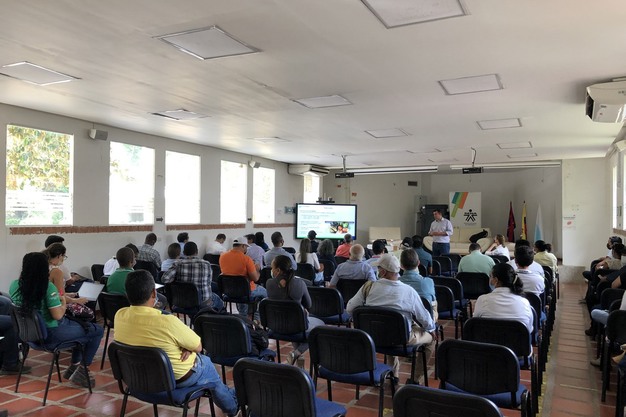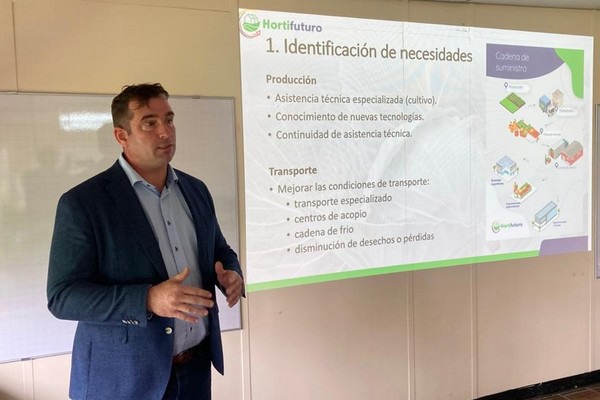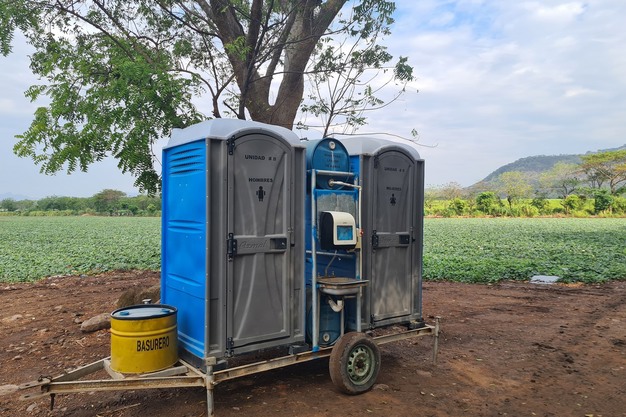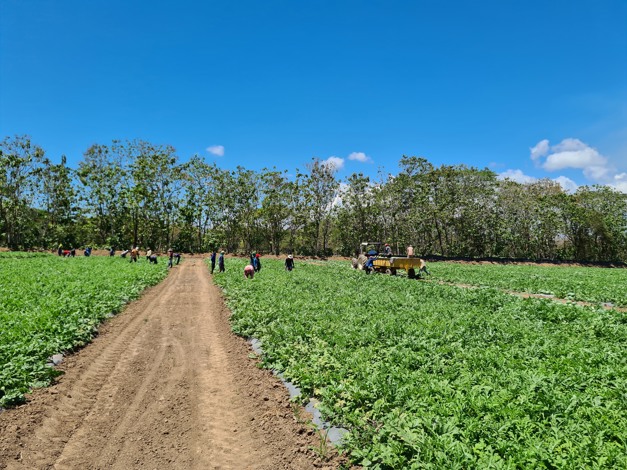Certifications have become a fundamental requirement for fruit and vegetable exporters willing to access the international market. Arno van der Maden, founder of Costa Rican firm N&S del Trópico, has remained at the forefront of this field, providing advice to producers and exporters in Latin America since 2003. The company is specialized in helping producers meet the demanding regulations of markets such as Europe and the United States.

According to Arno, the certification process is not only a gateway to foreign markets, but also a tool to better organize and structure your agrobusiness operations. "Initially, we saw that a system like GLOBALG.A.P. helped in shaping a company's structure, generating added value for producers," he says. However, he acknowledges that the landscape has changed, and producers now have to deal with an increasing number of standards, some of which may seem excessive or unnecessary.
Certifications, ranging from GLOBALG.A.P. to more specific standards, such as SMETA-ETI, GRASP and LEAF, are a prerequisite for doing business with large supermarkets in the UK and countries in the European Union. "The UK is particularly demanding, with supermarkets setting their own standards on top of the international requirements," says Arno. This complexity requires producers to invest not only in the certification itself, but also in implementing robust systems that can help withstand multiple audits.

The cost associated with obtaining and maintaining these certifications is significant. "Not only is it costly to bring in an auditor, but there are also costs involved in making changes to systems and company facilities," says Arno. Despite these challenges, certifications are seen as a necessary investment to guarantee the quality and safety of exported products.
Costa Rican producers have successfully adopted these certifications, allowing the country to become a stronger player in the international market; however, Arno stresses that, despite government efforts to provide support to certain sectors, the responsibility for obtaining the certifications lies mainly with the producers and exporters. "Everyone is doing their own work to try to improve and meet the standards," he says.


As for the future, Arno sees the possibility of saturation in the certification landscape and advocates a simplification of processes. "I hope that standards will become more practical and certification processes will be simplified," he says. He also stresses the importance of certifications not becoming mere red tape, but actually adding value to producers.
Although certifications represent a challenge requiring additional effort and investments, they are an indispensable tool for accessing international markets and maintaining solid trade relations. With the right support and a focus on simplification, fruit and vegetable producers in Latin America can continue to thrive in the competitive global marketplace.
For more information:
N&S del Trópico
Costa Rica
Arno van der Maden
Tel. +506 8847 4746
arno@nsdeltropico.com
www.nsdeltropico.com
